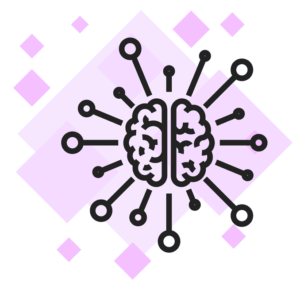
Ericsson has released a new report that suggests that tech providers will need to leverage AI and automation to improve the customer experience on IoT devices. The company also argues that technology alone will not be enough to remain competitive in the upcoming 5G landscape. The communications service providers that succeed will need to make organizational changes to operate more efficiently in a diverse digital environment.
“The introduction of 5G and IoT [has] a profound impact on the ways in which networks and IT need to be operated,” explained Ericsson SVP and Business Area Managed Services Head Peter Laurin. “Service providers have to manage more technologies and use cases, new service requirements, virtualization and network slicing. With this in mind, the complexity of managing next-generation networks will surely grow.”
According to Ericsson’s report, most service providers (80 percent) anticipate that new technologies will increase operating expenses for their company. The vast majority (90 percent) nevertheless believe customer experience is one of the most important priorities facing the industry, and that better AI technology will be needed to achieve that goal.
By making their operations more cost-effective, telecommunications companies are hoping to deliver better service to their customers while simultaneously increasing revenue. To that end, Ericsson is pitching its Operations Engine as a potential solution to anyone looking to shift their attention to the user experience.
While Ericsson has long been at the forefront of the 5G and IoT movements, the company has celebrated several significant milestones in the past few months. Ericsson and Qualcomm completed a successful test of a standalone 5G connection back in September, and the Japanese telecom KDDI later selected Ericsson as its primary 5G vendor.
In other news, Ericsson’s IoT Smart Connectivity tech recently appeared alongside Hitachi Vantara cameras in the Curiosity Smart Video Analytics platform from Sprint.

Follow Us